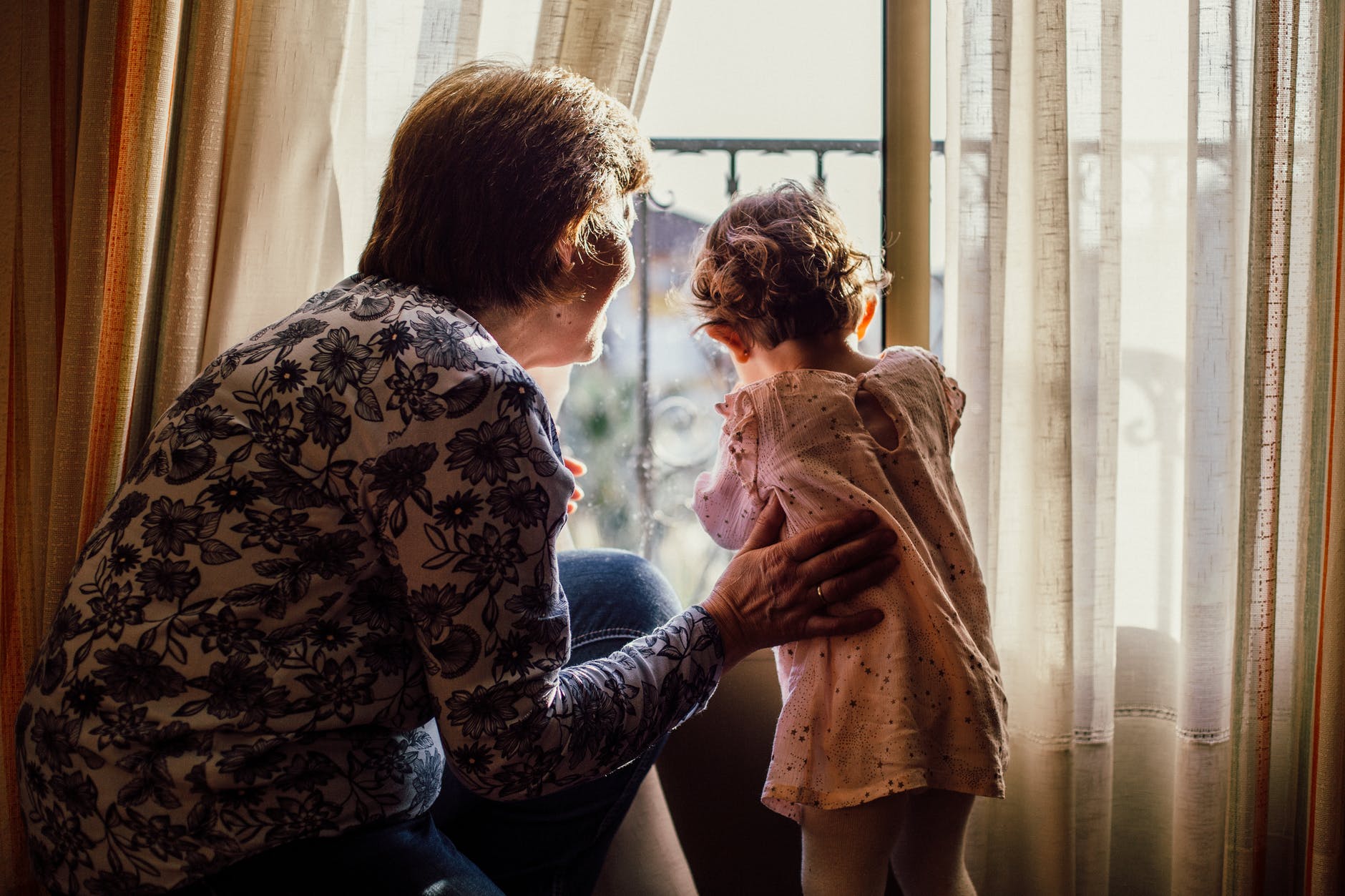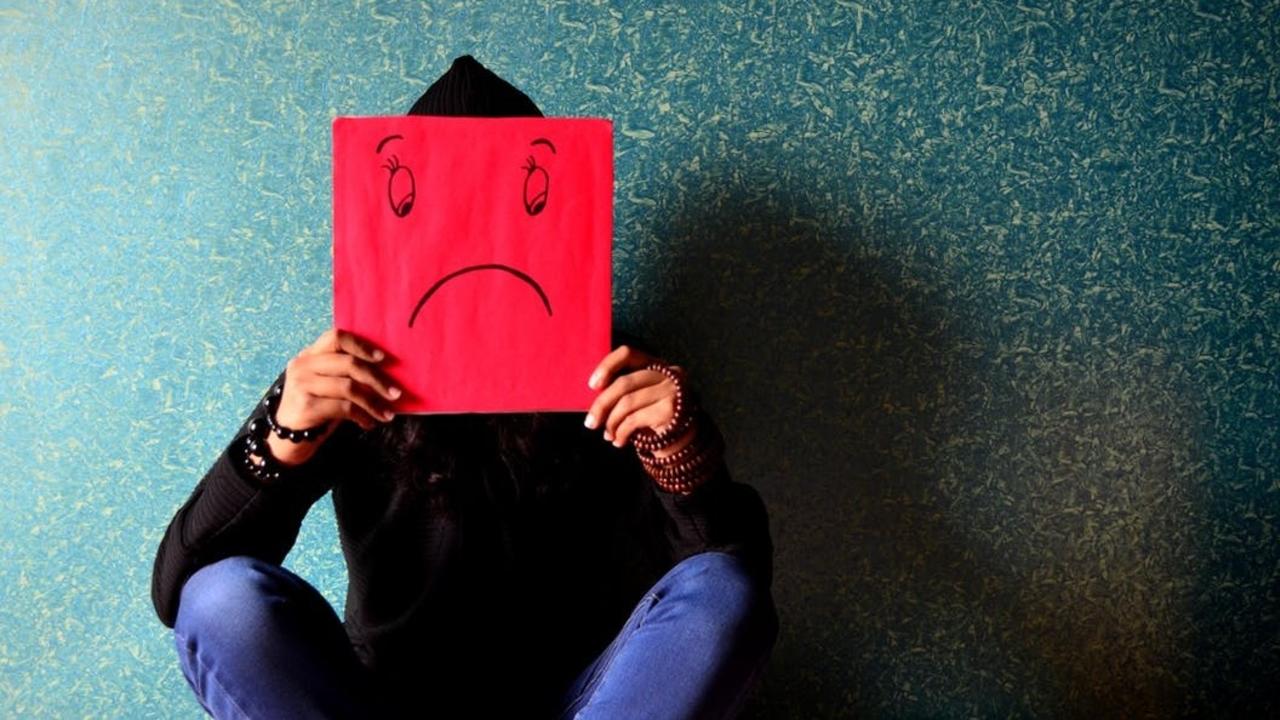
Healing from Trauma: Reframing Our Stories of Hurt
Nov 01, 2018Trauma.
Ugh. The mere word can cause us to tense up. Many of us have strong associations with that word, and for some of us it even has personal reverberations. Perhaps we experienced it first-hand and long desperately to put it behind us, and yet we feel unsure of how to move through it. Is it even possible to heal from it, when you can’t change what actually happened?
I am speaking here not as a psychiatrist or psychologist, but rather as a human being who has spent her life fascinated with human emotions, resiliency and wounds of all kinds. While we often think of trauma as entirely negative, I think there is tremendous hope to heal from trauma, and even to heal to a state that is better than before. I believe this hope lies in the ability to be truly seen and heard by those who know how to listen, and also in our ability to proactively write the very personal stories we tell ourselves about our lives, and what we have experienced.
What is trauma, and how common is it?
The Greek word for "wound," the word trauma used to refer only to physical injuries, however in modern day we also now use the word to refer to emotional wounds. We know that traumatic events can leave emotional scars deep enough to perhaps even result in a diagnosis of post-traumatic stress disorder. And lest we think that trauma is a rare occurrence, reserved only for the unthinkably shocking and horrific events of the world, the American Psychological Association shares this poignant definition and statistic, from the 2008 Presidential Task Force on Post-traumatic Stress Disorder and Trauma in Children and Adolescents:
"A significant number of children in American society are exposed to traumatic life events. A traumatic event is one that threatens injury, death, or the physical integrity of self or others and also causes horror, terror, or helplessness at the time it occurs. Traumatic events include sexual abuse, physical abuse, domestic violence, community and school violence, medical trauma, motor vehicle accidents, acts of terrorism, war experiences, natural and human-made disasters, suicides, and other traumatic losses. In community samples, more than two-thirds of children report experiencing a traumatic event by age 16." And this was all well before school shootings were as prevalent as they are today.
Not to mention, what about all the parents raising these children, who themselves have been subjected to traumatic experiences, and are now having to parent, oftentimes without adequate emotional, financial, and societal support? And many of whom are still carrying the wounds of their own childhood, introducing the additional burden of generational trauma? Add to this, the fact that many parents who are dealing with poverty and discrimination have greatly increased rates of exposure to traumatic events - making them even more at risk - and we can begin to understand how prevalent trauma really is, and why many of us believe that "healing from trauma" should be a societal imperative of top priority.
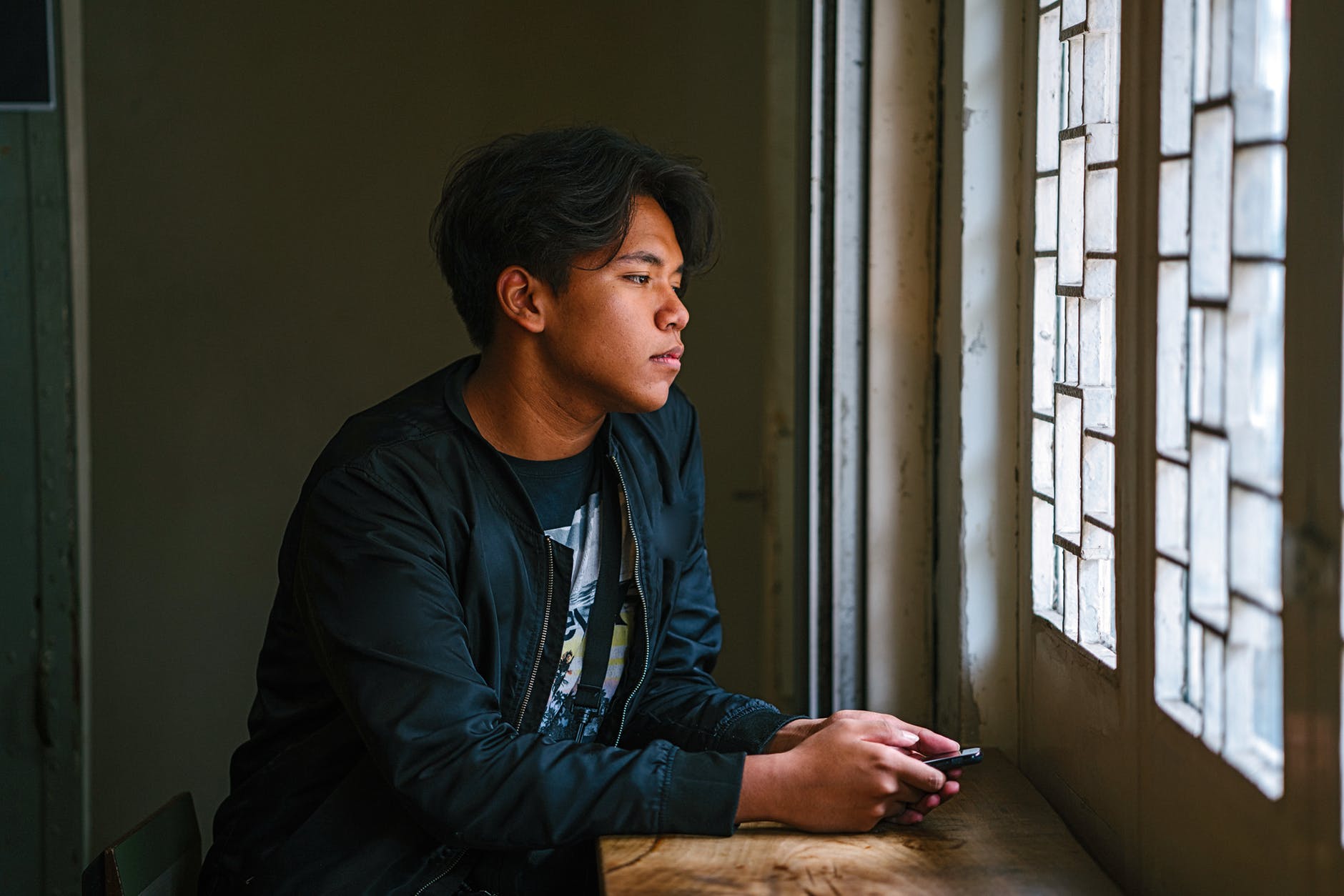
But is it possible to heal? And if so, then how might we go about it?
After many years of living uncomfortably - and now relatively comfortably - around trauma, here are my thoughts as to the pieces I think are most important for recovery.
1. Tell your story. And make sure someone hears it who knows how to listen. Don’t edit yourself or take care of your listener. Just open up and see what happens. For more on how to do this, listen to a podcast episode I did with Elle Kwan, on Hand in Hand’s powerful and effective tool of Listening Partnerships right here.
2. When you are ready, assess the true damage. Not just what happened, but all the ways in which it has lasted beyond its initial impact. In this telling try to stick to the irrefutable dry hard facts of what happened, and what cannot now be changed.
3. And now here is the tricky piece: see if, in the loving hands of a good and caring listener, you can begin to peel away the actual facts of what happened, from the story you tell yourself and others of what has happened and what it has meant for you. Are there pieces in there that maybe have some wiggle room? Is there any other way you can write that story that leaves you feeling more empowered?
Here is an example of one such thinking process:
FACT: When my eldest son was 5 months in utero we found out about his rather severe heart defect and were told his condition was incompatible with life.
FACT: Our world came crashing down that day because
STORY: we felt so incredibly unlucky and filled with a worry and anxiety that felt heavy and impenetrable.
NEW STORY: Ultimately what we came to was that he was deciding to be born, and we were his chosen parents. We were all going to ride this ride together, whatever it was. We chose to embrace the whirlwind and the unknowingness.
NEW CHOICES: We only worked with doctors who saw hope and possibility, and chose our surgeons and care team by those who could see a positive finish line. We broke down and asked our community for prayers and love, and eliminated all unnecessary distractions and negativity from our daily lives.
FACT: We had a beautiful birth and he made it through multiple open-heart surgeries in his first few months of life.
FACT: I did wind up with PTSD that I then had to work through as well, but all in all, we made it through connected, stronger, and more full of love than ever.
THE NEW STORY BECOMES THE STORY OF OUR FAMILY: When my son had to have another unexpected open-heart surgery at the age of nine, the story we told him was one of joy and courage, and how lucky he is to know how much he matters to so many people. We also of course made room for all the other feelings too. But that thread of hope is woven tightly into all of our family’s stories about this challenging diagnosis.
In this case, the true “damage” was that my son and our family had to go through those surgeries to save his life, and that his heart has a prosthetic valve and scar tissue from multiple surgeries. This was non-negotiable. But this does not have to mean that he will not have a great and hopefully long life. The story we told ourselves about that experience was actually malleable, so we picked a story we liked and could be excited to wake up to each morning.
The truth is that my son’s medical issue was not my first rodeo with trauma.
In fact, my own childhood offered me plenty of chances to get face to face with a multitude of traumatic experiences. I have an extremely high ACES score and accordingly, was very likely to have major social and health challenges which include depression, suicide, drug use, promiscuity, STDs, impaired childhood memory, and obesity. (Curious what the ACES Score refers to? You can learn all about it here.) Interestingly, I definitely did notice a correlation between the trauma I had experienced as a child and the “drama” I experienced as a young adult. I would go so far as to say my early 20’s were cycles of trauma of my own making at that point. It was what I knew deep in my bones, and I got good at manufacturing it, as it weirdly made me feel at home, even though I didn’t like it. As I got older, I became more and more aware of the cost of living this way. And at some point that cost was too much. It was time to heal.
Somehow, through the confusion, I sought help and comfort and growth, and found it. In therapy, women’s circles, and wilderness adventures. In meditation, reading, and friends. And in time. These things all helped a lot, and I did indeed heal substantially, enough to think I had fully healed by my 30’s. Until I had children just a few short years later, and a whole new level of trauma suddenly surfaced.
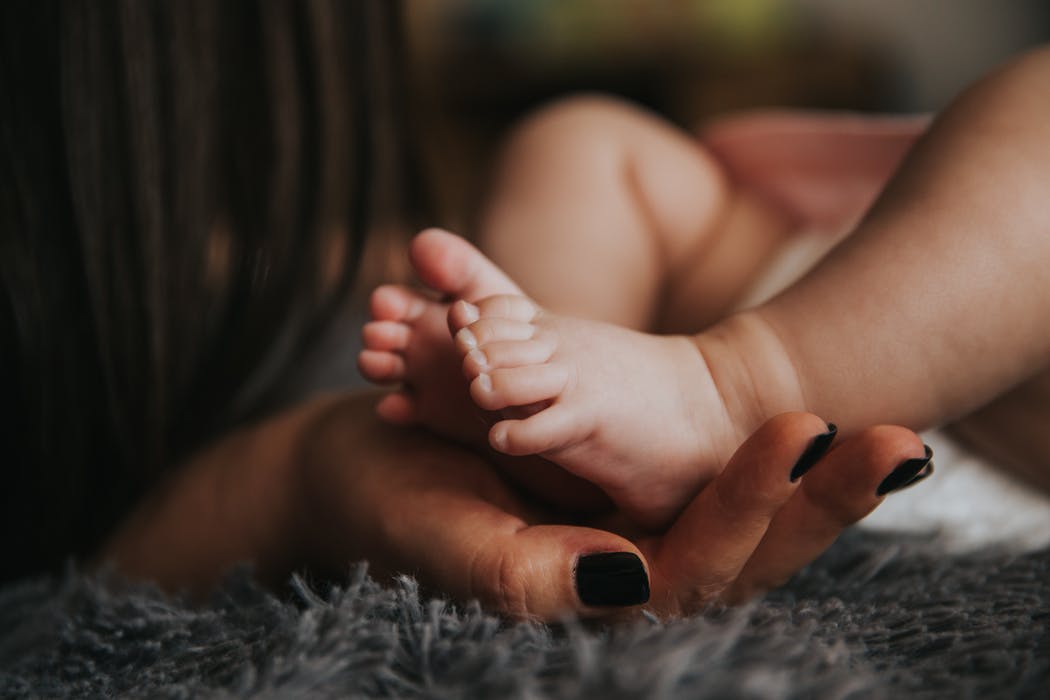
A kind of trauma that could only be reignited by becoming a mother.
Suddenly all the control and composure and “even-keeled”ness that I had learned went out the window. My body was hijacked, and so was my mind. The lack of sleep, the constant needs of others, the visceral memories of my own childhood - it was all too much. I felt swallowed up and panic ensued. I was spiraling down, as I had at other times in my life but this was different. It was ok when I felt pain as a child. Hard, but ok. It was hard but ok when I made not great choices as a young adult. But once I had my children, my ability to become overwhelmed and act out had a whole new level of repercussions. I could not - WOULD NOT - mess this up. My children mattered too much to me. And I was absolutely determined to be the kind of mother I had always felt in my heart that I would and could be.
I searched for quite some time to find my way out of what felt like a sinkhole in those first few years of parenting. Until I found Hand in Hand Parenting.
These powerful tools put all the trauma healing work I had danced around into a sharp focus. The tools gave me clarity. They gave me boundaries. And most of all, they worked. For me, and for my children.
Special Time allowed me to see my children as separate from me, and practice a deep level of connection that I knew had a timed ending, so I felt safe enough to commit.
Playlistening taught me to lighten up. Not everything is a crisis. In fact, many crises can be averted just by adding play into the mix. Not to mention, giggles are just plain healing.
Staylistening taught me that sadness has a wisdom all its own. And that it doesn’t go on forever. It has a natural rhythm, and learning to ride it and respect it without trying to control it was profoundly empowering and freeing.
Setting Limits gave me the gift of learning how to lead my family based on the values my husband and I had, and being able to see measurable progress towards the life we wanted.
Listening Partnerships gave me the ability to do any of this at all. It cleaned me up in a very deep way, and also broke (in the best way possible) my desire to judge or fix. It taught me empathy, for myself and others.
One by one these tools of connection afforded me the deep inner nourishment I had longed for all along. Here it was: the power of play, the wisdom of storytelling, the deep human need for listening and being heard. All of it spoke to my heart and gave me the missing pieces to my journey.
I then dove even deeper and created my very own mentorship project that takes you through a very distinct process to heal intergenerational trauma, and open up a whole new line of generational possibilities.
Today, I can say I feel not only healed, but also blessed and empowered by my experiences in life. ALL of them. Even the ones that still give me that wincing empty blow in my abdomen as I recall them. They are my teachers, my signposts of how far we have all come, and they fill my heart with empathy as I help others now, being a helping hand to those still finding their way.
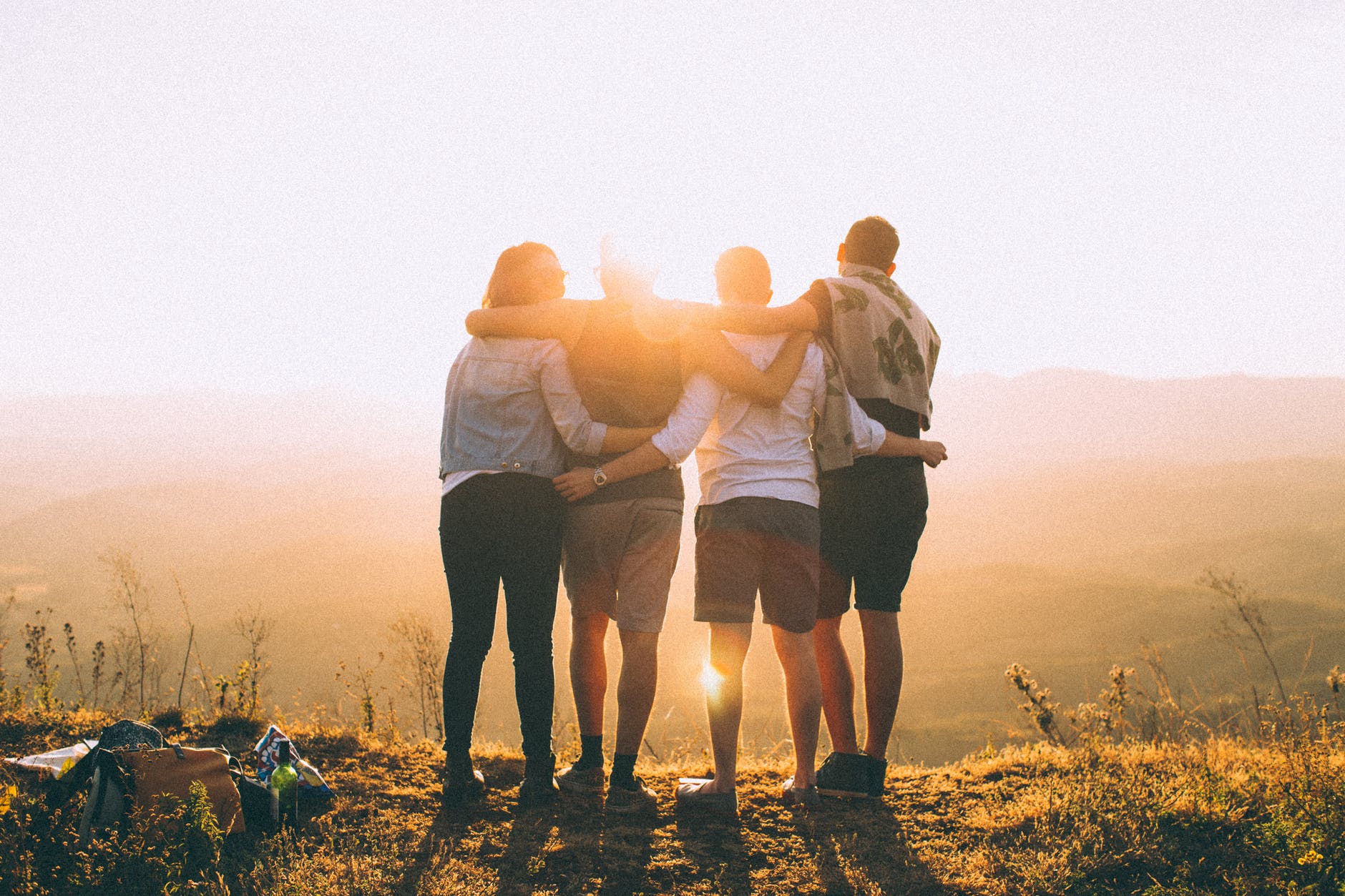
I am not saying it is easy to recover from trauma, nor that we can all recover from trauma. Nor that all trauma is necessarily recoverable from. But in many instances, recovery is irrefutably possible. I look to Elizabeth Smart, who was kidnapped and tortured for many months as a young girl, and has gone on to have a full life, refusing to be defined by the highly traumatic events of her past. Or even members of our own family who have overcome trauma with help and good support. If we look around with fresh eyes, we might find the miracle of recovery has been hiding in plain sight all along. Perhaps whether or not we recover has less to do with what has or has not happened to us, and more to do with what tools we have at our disposal for retelling that story in such a way that we can heal.
And having those around us who can hold our story with love, compassion, and hope. For their love lights the way. And there is a path.
If you have a story you are ready to tell, and maybe even rewrite if it calls for it, I hope you might consider reaching out. I am here, and I'm ready to listen.
“Just as despair can come to one only from other human beings, hope, too, can be given to one only by other human beings.” - Elie Wiesel, survivor of the Holocaust

